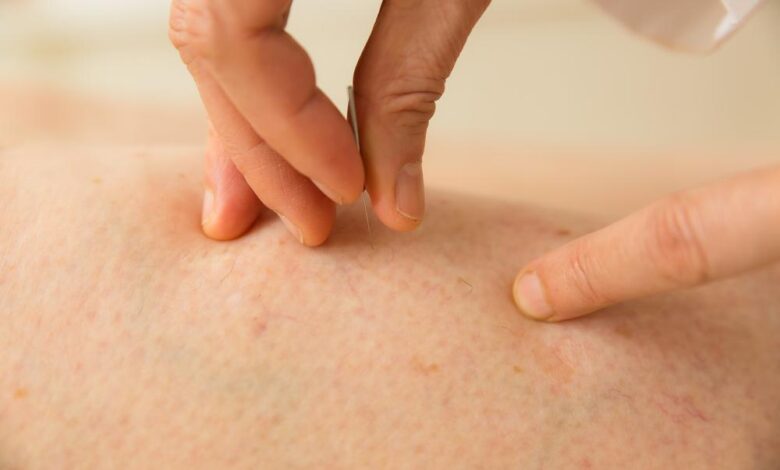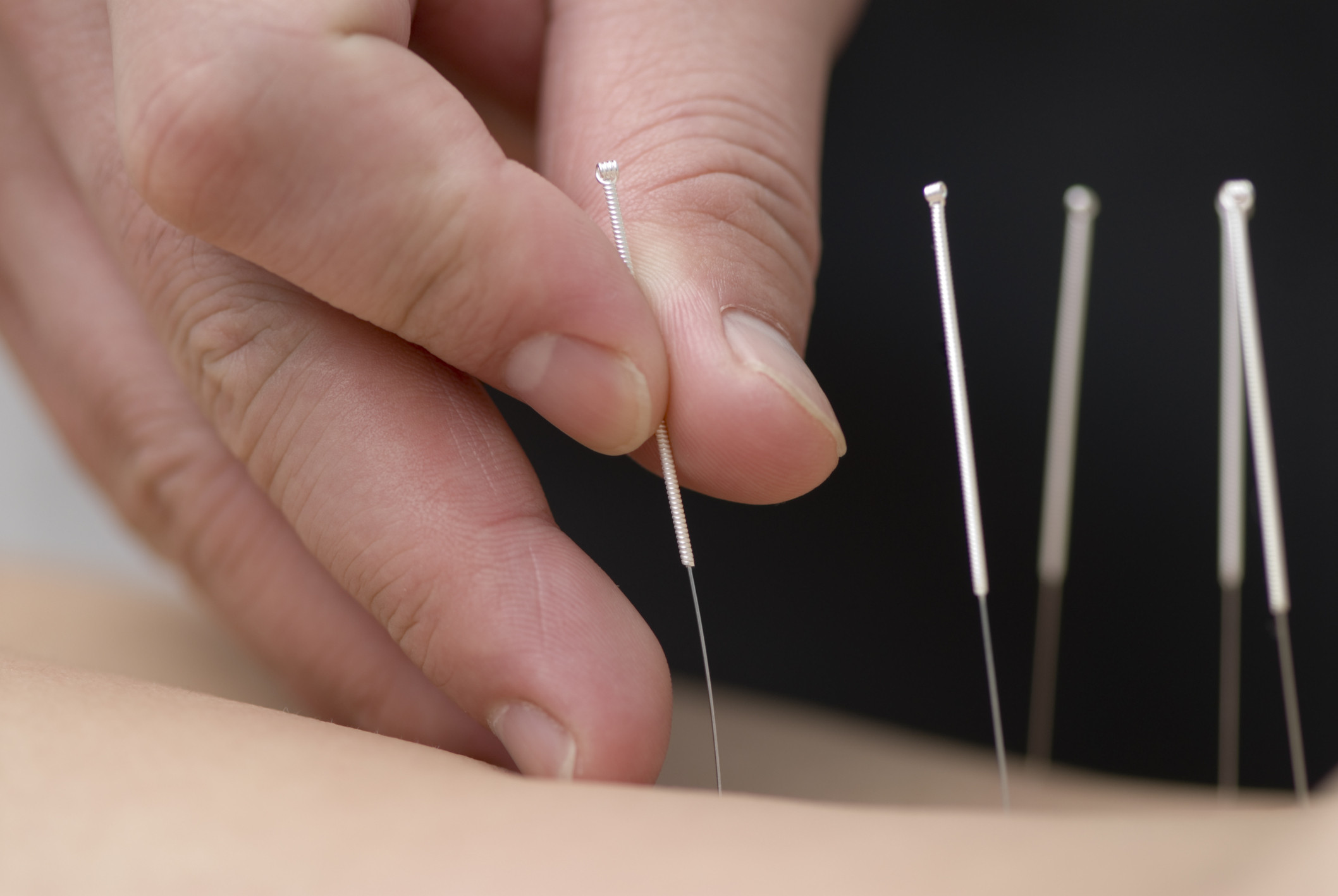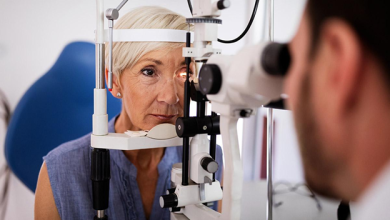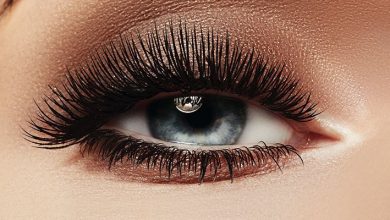Acupuncture For Mental Health: A Closer Look

Acupuncture has been around for thousands of years. This ancient practice involves placing thin needles on specific body points. It may provide relief for mental health issues like anxiety and depression. neurology new york has even begun studying its effects on the brain. With a closer look, the potential benefits of acupuncture for mental health become clearer. Understanding how it works could offer new paths for those seeking balance and calm.
How Acupuncture Works
Acupuncture is based on the idea that energy flows through the body along pathways called meridians. By inserting needles at specific points, it aims to restore balance and improve health. This method has shown promise in treating both physical and mental ailments. Scientists are now exploring its effects on brain chemistry and mood regulation.
Acupuncture and Mental Health
Several studies have investigated acupuncture’s impact on mental health. Some findings indicate it may reduce symptoms of anxiety, depression, and even PTSD. These effects might stem from increased endorphin release and improved circulation. Researchers are keen to understand its full potential, especially as an alternative to medication.
Comparing Acupuncture to Conventional Treatments
To understand acupuncture’s role in mental health, it’s helpful to compare it to conventional treatments. The table below highlights key differences:
| Treatment | Benefits | Potential Drawbacks |
|---|---|---|
| Acupuncture | Non-invasive, few side effects, holistic approach | Requires multiple sessions, mixed evidence on efficacy |
| Medication | Fast-acting, widely researched | Possible side effects, risk of dependency |
| Therapy | Addresses root causes, long-term benefits | Time-consuming, can be costly |
Potential Benefits of Acupuncture
Acupuncture offers various benefits for mental health. Some people experience a calming effect and improved mood. It can also help with insomnia, which often accompanies anxiety and depression. A study by the National Center for Complementary and Integrative Health suggests that acupuncture may enhance overall well-being. This holistic approach can be a valuable tool in a comprehensive mental health plan.
Considerations and Precautions
While acupuncture is generally safe, it’s important to consider a few precautions. Always consult with a licensed and experienced practitioner. Inform them about any medical conditions or medications being taken. Doing so helps ensure a safe and effective acupuncture experience. It’s also wise to discuss acupuncture with a healthcare provider, especially for those with specific health concerns.
Conclusion
Acupuncture presents a promising option for managing mental health. While more research is needed, its potential benefits are worth considering. By offering a non-invasive and holistic approach, acupuncture can complement traditional treatments. As we continue to explore its effects, acupuncture could become a vital part of mental health care. With ongoing studies and increasing interest, the future of acupuncture in mental health looks promising.





